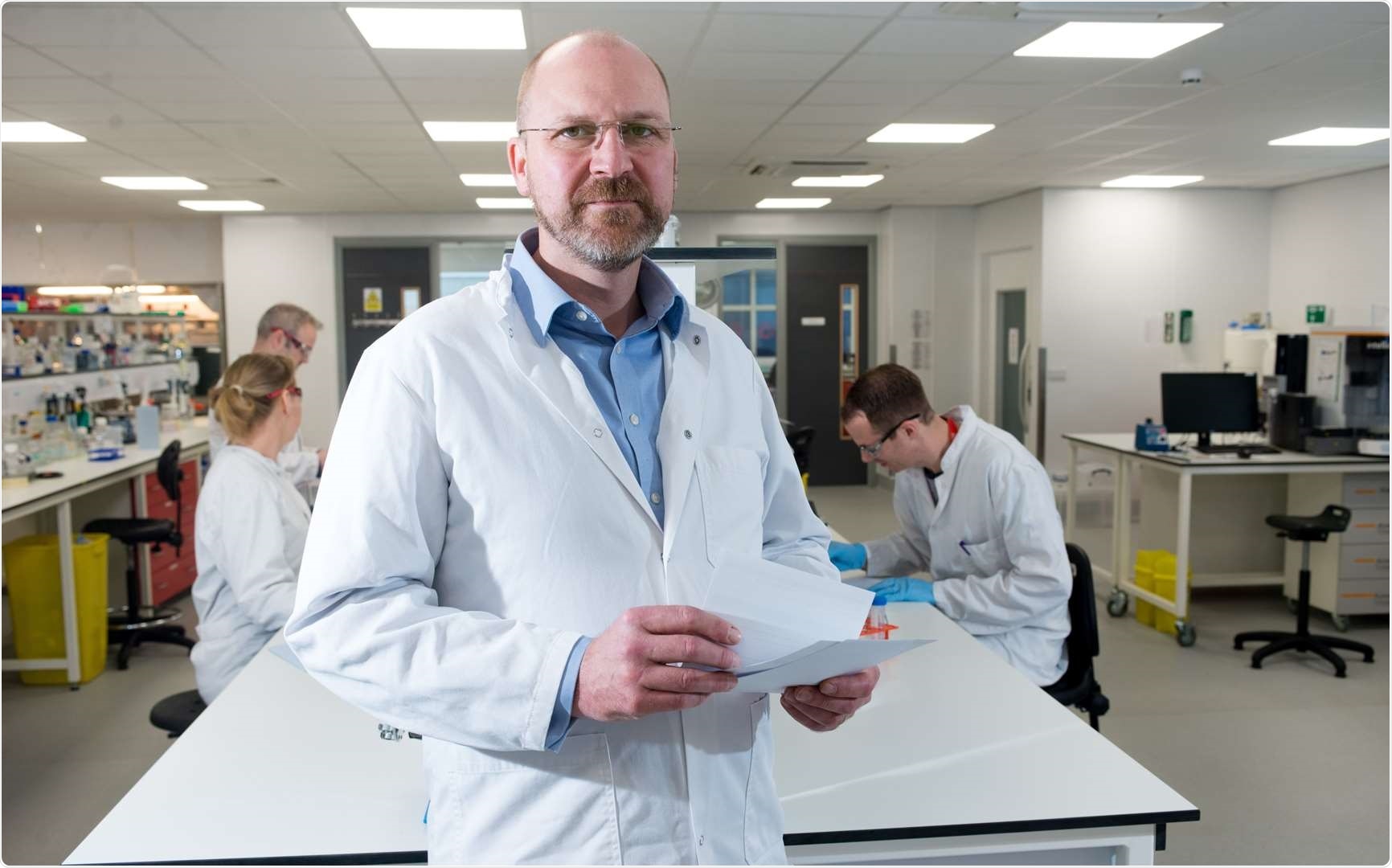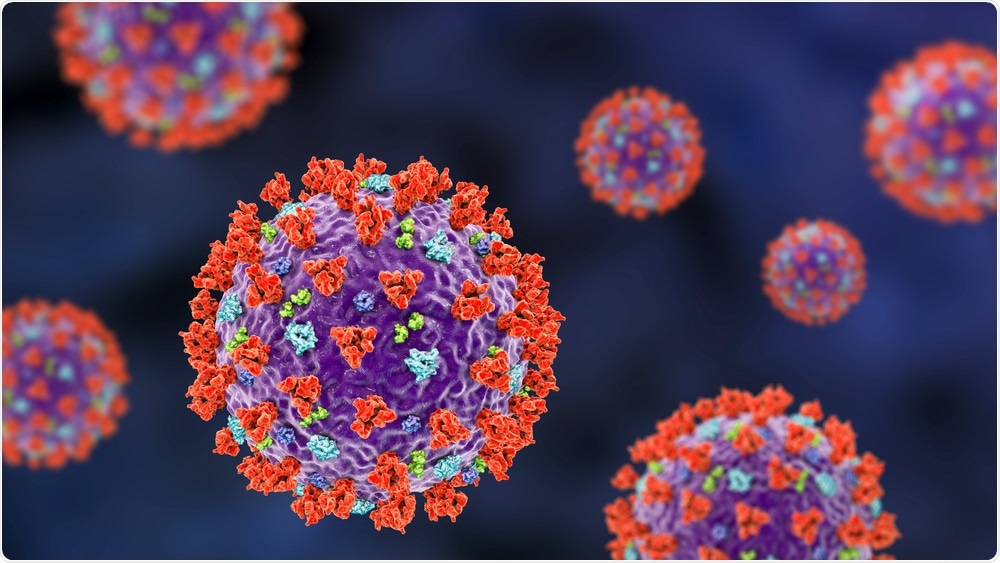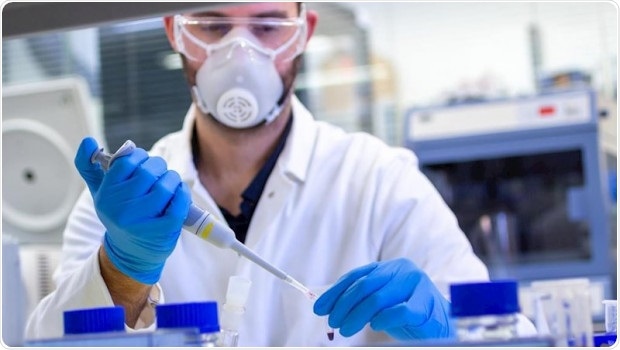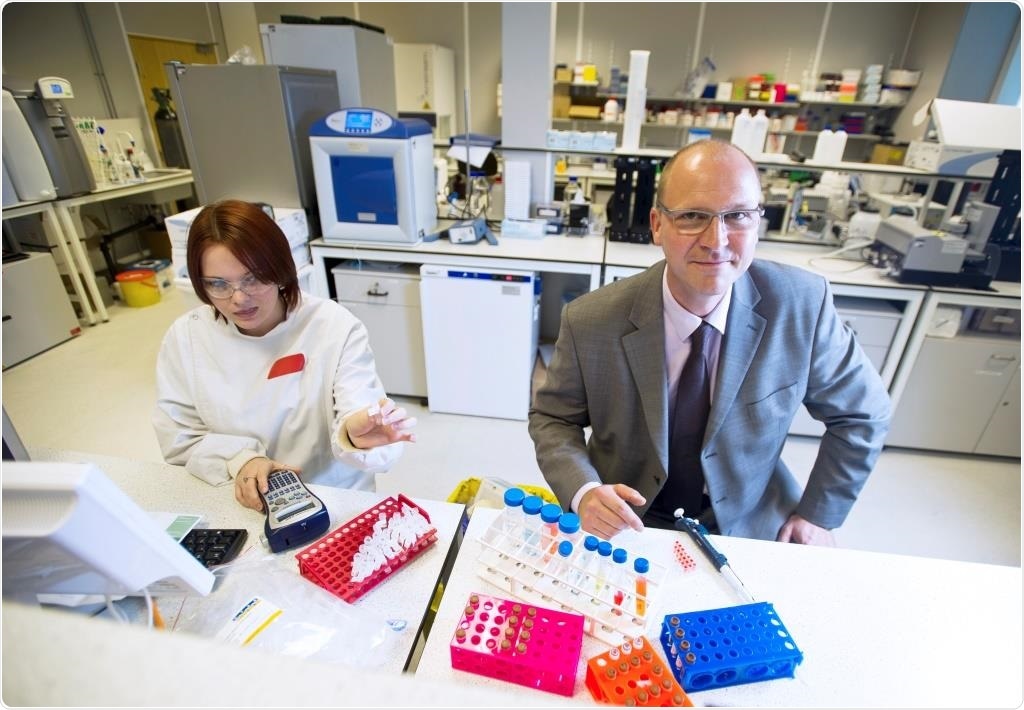News-Medical speaks to Alastair Smith, the CEO of Avacta, about the process behind their newly developed antigen test for COVID-19.
What provoked Avacta's research into developing an antigen test for COVID-19?
Avacta is developing cancer immunotherapeutics, and diagnostics, based on its Affimer® technology. The Affimer® platform is an alternative to antibodies derived from a small human protein, designed to address many of the shortcomings and negative performance issues associated with antibodies, principally: the time taken, and the reliance on an animal’s immune response, to generate new antibodies; poor specificity in many cases; large size; and cost.
We had previously demonstrated that the Affimer® platform could be used to quickly generate new and highly specific reagents to detect Zika virus, and has worked, and is working on diagnostics for other infectious diseases with partners.
The emergence of SARS-CoV-2 provided another example of a biothreat that required the rapid development of diagnostics that could be deployed on a large scale. Avacta’s Affimer® technology is ideal for this and so we felt we had to contribute to the global efforts to contain the pandemic and ultimately find our way out of lock-down to get economies going again.

Image Credit: Avacta
Why is it important to have an accurate test for COVID-19?
The World Health Organization has stated that diagnostic testing for COVID-19 is critical to track the virus, understand the epidemiology, inform case management, and suppress transmission.
The symptoms for the virus are similar to that of other viruses such as cold and flu, so population screening paired with conclusive diagnostic testing is one of the most effective methods to control the spread of infection, enabling earlier quarantine and treatment.
It will also be critical in the future to help get people back to work safely so that the global economy can be restarted.
In your research, you used a bead-assisted mass spectrometry platform. What are the benefits of this technique compared to other analytical techniques available such as PCR?
The BAMS system was not used in Avacta’s research. Rather this is the system on which the diagnostic test under development with Adeptrix will be based, using the Affimer® proteins developed by Avacta.
The BAMS assay format is high throughput (up to a thousand samples a day) and should be very sensitive and specific making BAMS a very attractive high throughput technique for COVID-19 screening in the clinical setting.
The BAMS tests are intended to provide clinicians with an expansion of testing capacity, alongside PCR testing, because mass spectrometers that are widely available in clinical laboratories are currently unused for COVID-19 testing.
You have designed Affimer® reagents that bind to the SARS-COV-2 spike protein. How were these designed?
Affimer® reagents are a class of non-antibody binding proteins that have been engineered for a wide range of applications where antibodies and aptamers have limitations. They can be used to detect difficult targets, can easily be formatted for a wide range of applications, and can be easily and cost-effectively manufactured.
The Affimer® technology enables engineered specificity, and a large binding surface enables the proteins to bind with high affinity and selectivity. In-vitro phage display selection allows for a tailored screening approach to discriminate between closely related targets – for example, the SARS-COV-2 antigen vs MERS.
We were able to generate multiple Affimer reagents that bind the SARS-COV-2 viral antigen in only four weeks using phage display, well ahead of the schedule originally set out when the agreement with Cytiva was signed.
How do these Affimer® reagents detect the virus and what samples can they detect it from?
The Affimer® proteins are highly specific and bind to the ‘spike proteins’ on the surface of SARS-COV-2.
The tests under development with Cytiva are lateral flow assays (LFA) and we anticipate they will use a saliva sample.
The BAMS test under development with Adeptix would detect the virus from saliva, nasopharyngeal swabs, or serum.

Image Credit: Kateryna Kon/Shutterstock.com
How does the BAMS antigen test you have designed work?
Affimer® reagents developed by Avacta have been shipped to Adeptrix to be applied to its bead-assisted mass spectrometry (BAMS™) platform.
Beads coated with the Affimer® reagents are used to capture the virus particles from patient samples and then individual beads are analyzed in a mass spectrometer to detect the presence of the virus.
How effective is the test?
There will be at least two tests developed using the Affimer® reagents. A lateral flow test strip to detect the virus antigen using saliva as the sample (developed with Cytiva and others) and a BAMS assay (developed with Adeptrix).Until the tests are completed we will not know what the performance of the tests is in terms of sensitivity and specificity.
In general, Affimer® reagents offer several advantages over antibodies for application in diagnostics
- Specificity – higher specificity leads to fewer false positive results
- Robustness - Affimers® are robust, making storage and transportation of test product less of an issue
- Secure, reproducible supply – as Affimer® proteins are not derived from an animal source, they can be made at low cost repeatedly and made anywhere.
We are aiming ultimately to develop highly reliable tests that meet the clinical performance requirements set out by the MHRA/FDA and other regulatory bodies around the world and deliver results that patients and healthcare professionals can trust.

Image Credit: Avacta
How will this test increase global testing capacity and help hospitals and scientists deal with COVID-19?
The point-of-care and consumer lateral flow tests under development with Cytiva and others are intended to be mass-produced and used by both healthcare professionals and consumers.
The objective is to provide a test that uses saliva and delivers results within a few minutes and will allow the user to know quickly if they have the COVID-19 infection so that appropriate actions can be taken immediately as a result, e.g. a patient with a positive sample can isolate themselves immediately, reducing potential transmission of the virus.
A secondary advantage is the cost of the test and the testing process, with this test being much less expensive than laboratory tests and not requiring logistics to transfer samples or a laboratory to run the test.
We believe that the BAMS test will be hugely attractive as an adjunct to PCR diagnostics as it uses laboratory equipment that is already in hospital labs but not currently used for COVID-19 testing, so it provides incremental capacity. Up to a thousand samples per day can be analyzed by a single technician using BAMS, exceeding the capacity of a single PCR machine.
How quickly will this test be made commercially available?
We developed the Affimers® ahead of schedule and have now shipped these to both Cytiva and Adeptrix to be implemented into their test formats.
We then need to clinically validate the tests and then gain regulatory approval. We are aiming to have the test available as soon as possible during the summer.
What are the next steps in your research?
The Affimer® reagents have now been manufactured by Avacta in the quantities required for test development and have been shipped to Cytiva and Adeptrix.
The Affimer® reagents have also now been studied further by Avacta and, importantly, this has shown that there are Affimer® reagents that can work in pairs, both binding to the spike protein at the same time.
This allows tests to be developed that detect both the intact virus particle and the detached spike proteins which become separated from the virus particle during the development of the COVID-19 disease, which may also be important in monitoring disease progression.
Cytiva and Avacta will now work to develop rapid test strips for the detached spike protein and for the intact virus particle, aiming to have prototype devices in a few weeks. Adeptrix will be working on a similar timescale to develop a prototype BAMS test. The tests then need to be clinically validated and gain regulatory approvals.
Avacta is also exploring further commercial opportunities to develop the SARS-COV-2 Affimer® binders with partners into diagnostic tests, and with distributors to provide large scale routes to market for professional and home use.

Image Credit: Avacta
Where can readers find more information?
Click here to read Avacta's latest news